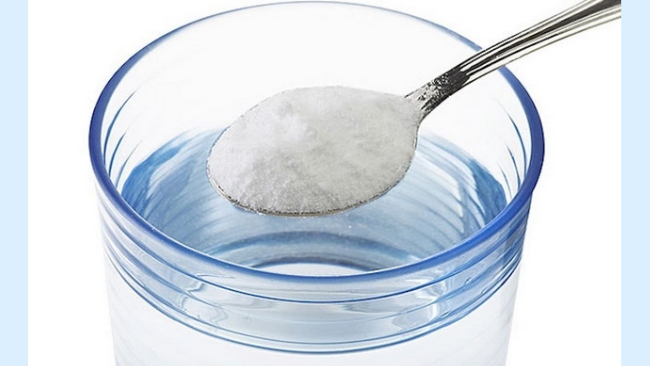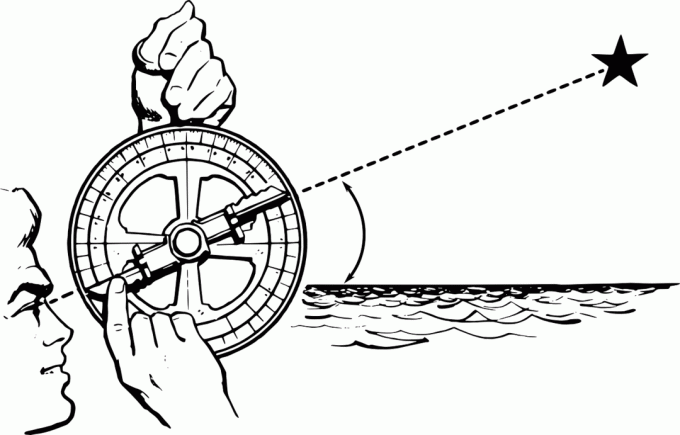solute is a substance that can be dissolved by a solvent to create a solution.
A solute can be in the form of: gas, liquid or solid. The solvent, or substance that dissolves the solute, disperses the particles and distributes them equally. This creates a homogeneous mixture called a solution.
Solutes in solution are measured by concentration, which is the amount of solute divided by the total volume of the solution.
A solvent can disperse an amount of solute, depending on the type of interaction between the molecules, until reaching the solubility limit.
The ability of solutes to dissolve in a solvent is known as solubility.
Examples of solutes
The most common type of solution is one formed by a solid dissolved in a liquid. An example of this type of solution is salt (solute) in water (solvent).

Salt is the solute that dissolves in water, the solvent, to form a saline solution. On the other hand, water vapor is considered a solute in air because nitrogen and oxygen are present at much higher concentration levels in the gas.
There are countless other examples of solutions. For example, sugar in water, brewed coffee and oxygen dissolved in water.
The forms of the solute and its functions in the solutions
When two substances are mixed to form a solution, the solute is present in a smaller proportion. Solutions can be liquid, solid or gaseous.
Gaseous
An example of a gaseous solution is air, as oxygen and other gases are solutes dissolved in nitrogen, which is in greater quantity.
Liquid
Liquid to liquid: the mixing of two or more substances of the same chemistry but with different concentrations to form a constant.
Solid in liquid: sugar in water or salt in water.
Solid
Gas in solids: Large amounts of hydrogen can dissolve in metals such as palladium.
Liquid in solid:
- mercury to gold, forming an amalgam;
- water in solid salt or sugar, forming wet solids;
- hexane in paraffin.
Solid to solid: steel, basically a solution of carbon atoms in a crystalline matrix of iron atoms.
Saturated and unsaturated solution
A saturated solution is one in which the maximum amount of solute has dissolved at a given temperature.
In simple terms, when no more solute can be dissolved in the solution, it has reached saturation.
In simple terms, when no more solute can be dissolved in the solution, it has reached saturation.
See also the meaning of:
- Solute and Solvent;
- Solubility;
- Osmosis.



